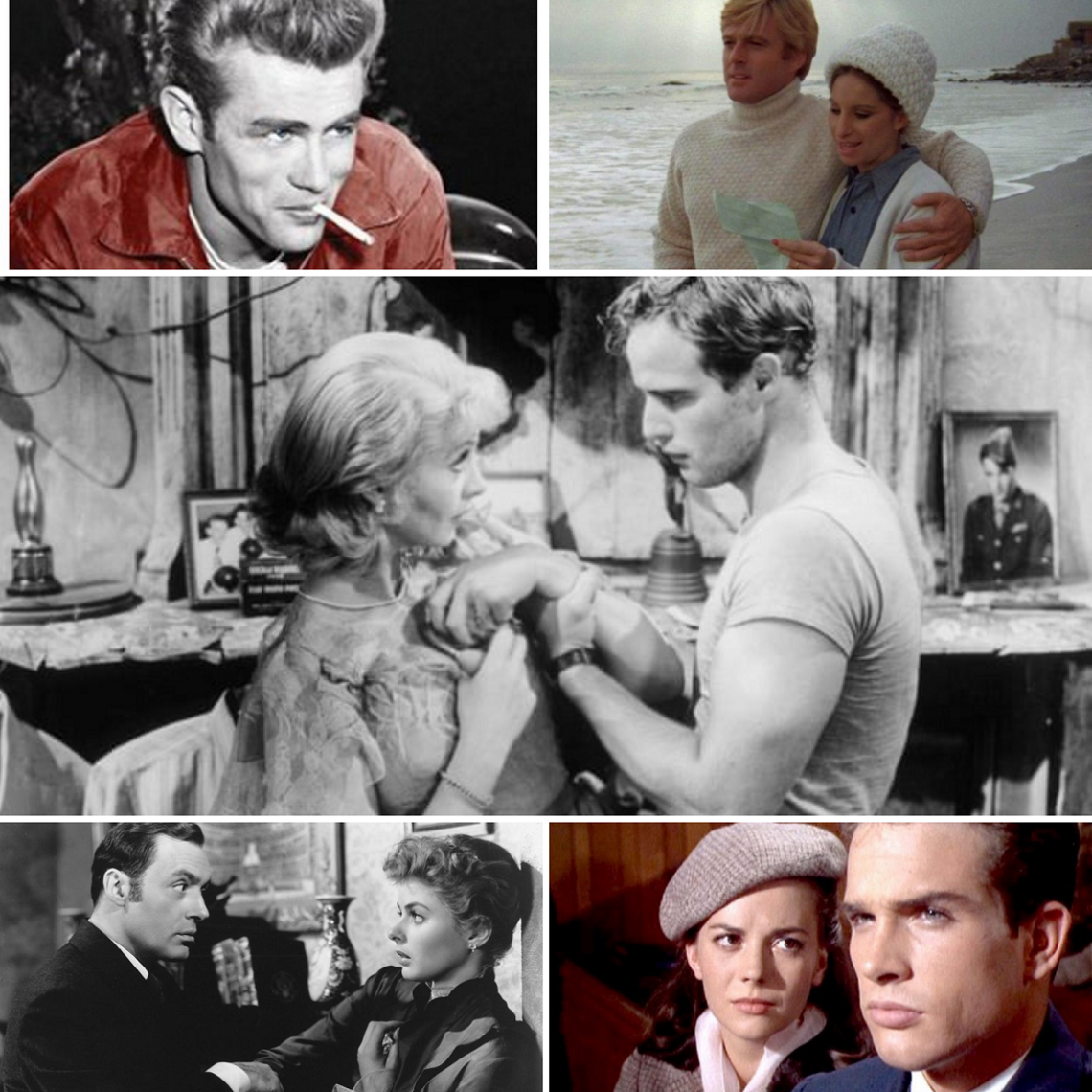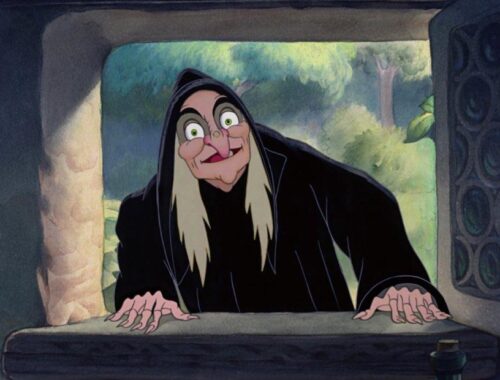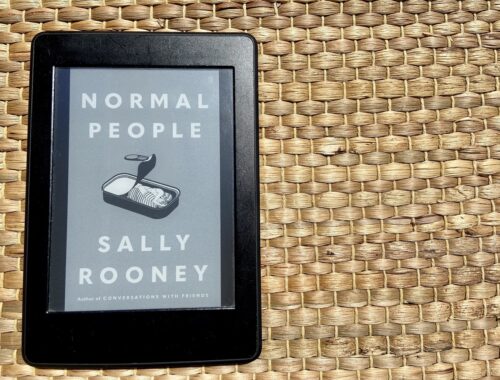
5 old movies that tackle modern problems

by The Flamingo
For me, watching old movies is like a balm soothing an annoying itch. They are on my go to list of things I like to pamper myself with. I watched a lot of old movies as a child, but not nearly enough, so I still have a huge list of great movies I would like to check out. These 5 movies on my list today are some of the few I watched these past years, as a mature and fully emotionally developed woman and they rang some bells.
The list contains lots of modern issues that are discussed today, like mental health, sexual and emotional abuse, bad parenting, sociopathy, extremism, unequal relationships, gun violence and bullying. These movies are the pioneers of these much discussed problems today, the ones that raised the red flags first:
Gaslight (1944)
This movie is the first I saw of its kind and opened my eyes to another form of abuse, emotional and psychological manipulation. The heroine of this story, a rich heiress played by the enchanting Ingrid Bergman, marries for love a gold digger psychopath. During their marriage he sows seeds of doubt in her mind, making her question her own sanity. He uses different means to achieve her emotional dependence on him such as: misinformation, contradiction and denial. His victim’s self esteem is so low and her feelings are so belittled by him, that she begins thinking she is indeed crazy and that he is the only one supporting and loving her. This phenomena is called in the present day “gaslighting” after this famous movie. This is one of the most frequent forms of abuse used.
A streetcar named Desire (1951)
This play written by Tennessee Williams, turned into a movie starring amazing actors, left a deep impression on me. I know now where Woody Allen’s inspiration for Blue Jasmine came from. It’s really heartbreaking to see a gentle bred and well educated woman fall in the depths of mental and financial despair, surrounded by abusive jackals who call themselves men. Vivien Leigh plays this majestic role of the very proud and classy Blanche Du Bois, who after a series of misfortunes ends up living with her sister and her abusive husband, played by Marlon Brando. This movie tackles the lowest form of abuse apart from the emotional one: aggression, violence and rape. Amid of all this ugliness Blanche tries to hold on to her dignity and her bohemian, romantic heart.
Rebel without a cause (1955)
Tackles mental health of adolescents. James Dean and Natalie Wood play the roles of two troubled teens, both of them with big daddy issues, that can’t seem to fit or find a purpose with themselves. The barrier between right and wrong, between good and honorable decisions and bad ones made with good intentions is very blurry. The perpetual conflict between generations, also the parents’ unrealistic expectations of children that don’t change with the passing of time are still very modern problems. This movie is a critique of parenting style, it addresses bullying, gun violence and police brutality. Unfortunately 70 years later not much has changed. The real tragic character of this story is “Plato”, played by Sal Mineo, a teenage boy abandoned by his parents. The movie is heartbreaking, especially James Dean in his emblematic red jacket. (For those of you who don’t know, he died in a car crash before the release of this movie, at the age of only 24).
Splendor in the grass (1961)
This is the one movie I was never allowed by my mother to watch while I was young, it’s a movie she based my education upon and now as an adult I can understand why she did it. The story is centered on a teenage senior high school couple Bud and Deenie, marvelously played by Warren Beatty and Natalie Wood. As the former movie Rebel without a cause this also tackles the problem of bad parenting but in a much more deeper way. The story revolves around mental health and the concept of the “good girl” vs. “the bad girl”, which is as old as time. In this story one of the biggest problems in our society is also tackled: sexual abuse and one of the most disturbing crimes of all…gang rape. The present hasn’t changed that much from 1928 when the story takes place…boys are still pressuring girls to do things they are not ready to do, teenage girls still face depression when getting their heart broken and so on. This is one of the movies I cried to and I will leave you with the verses of the poet William Wordsworth which are the metaphor of the whole story: “Though nothing can bring back the hour/ Of splendor in the grass, of glory in the flower/We will grieve not, rather find/ Strength in what remains behind.”
The Way We Were (1973)
This is one of the most iconic love stories ever made, starring Barbara Streisand and Robert Redford, set before, during and after WW2 . He is a golden boy, great smile, great sense of humor, easy on the eyes, good at everything he does from sports to academic achievements and a very talented and deep writer. She is not an all American golden girl, she is loud and opinionated, judgmental and stubborn, full of prejudice, but very smart and with her own personal mesmerizing charm. Their relationship doesn’t work out, although their love for each other (especially hers for him) goes so deep. Barbara Streisand’s character is a very interesting one, she is a true communist at heart, she is a political activist that wants to change the world, make it a better place and stops at nothing to do it. Like all extreme opinions in the day to day’s world, nothing good can come out of them. The story shows how tough it is to live with such a judgmental and extremist person, that tells people off with every occasion she gets. This is relevant for any subject, not just politics. There is a phrase I liked which Redford’s character kept repeating: “Everything in the world that happens, does not happen to you personally.” It’s ok to feel some sort of contentment in one’s life in spite of the world not being perfect.
I recommend them full-heartedly to all you cinema lovers out there, if you haven’t watched them already and if you did, maybe they deserve a second look.




